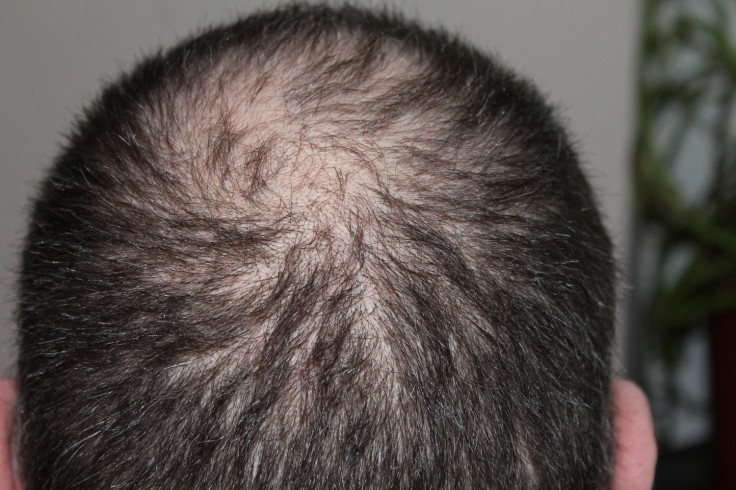
Approximately 50 million men in the United States are affected by male pattern baldness, and half of all men are 50 years old. Despite being a natural part of the aging process for many men, hair loss can actually appear psychologically distressing.
Sudden or unexpected hair loss can signify a serious health condition needing medical attention.
Although many men experience baldness, white men are mostly affected and tend to develop some degree of baldness in accordance with their age and genetic makeup. Eighty percent of white men are affected, while other ethnic groups such as Chinese and Japanese are less affected, says Medical News Today.
On the other hand, women can also experience hair loss after menopause, which is not common. Hair loss of women is sometimes due to disorder or female pattern hair when they reach age 80. Men are usually the ones who commonly experience hair loss as they inherit the 'X' chromosome from their mother and 'Y' from their father, and baldness is enormously associated with Androgen Receptors (AR) genes that are commonly found on the 'X' chromosome.
What causes men, especially fathers, to lose their hair?
Study shows that while men who are much older experience hair loss, at least 10 percent of new dads also lose their hair due to anxiety around the birth of a child as they worry and fear too much for the baby's safety.
According to the Genetics Home Reference, hair loss has been linked to prostate cancer, diabetes, obesity, and hypertension or high blood pressure. This usually occurs as a reaction to stress and can also appear as a side effect of medications such as anticoagulants, blood thinners, and vitamin A supplements.
The medications used to treat medical conditions such as depression, heart problems, gout, high blood pressure, cancer, and arthritis may lead to hair loss; The cause of baldness may also be because of other medical conditions such as cicatricial alopecia, traumatic alopecia, and ringworm.
While there are many causes of hair loss, stress is one of the most common reasons. Usually, prolonged periods of physical or mental stress can gradually make one's hair thin.
Dr. John Kahan, a hair restoration specialist in Beverly Hills, California, told WebMD Connect to Care that you can know that hair loss is genetic or hereditary if it affects your hairline up to the middle of the top of your head.
Father seeking help from health care providers
Unfortunately, genetic hair loss is permanent, but medications, laser therapy, and platelet-rich plasma injections help to stimulate hair growth in balding areas. Some also get hair transplants to cover areas of hair loss somehow.
Fathers feel conscious about their appearance, especially their hair; thus, Everything For Dads suggests finding a perfect time for your father to talk about hair loss and ask if it bothers him. Some men shut down the question, but some answers might surprise you. If your father is bothered with his hair loss, ask for help from health care providers, as they will give answers and medications to manage one's hair loss.
Related Article : Acknowledging the Efforts of Single Father in the Family